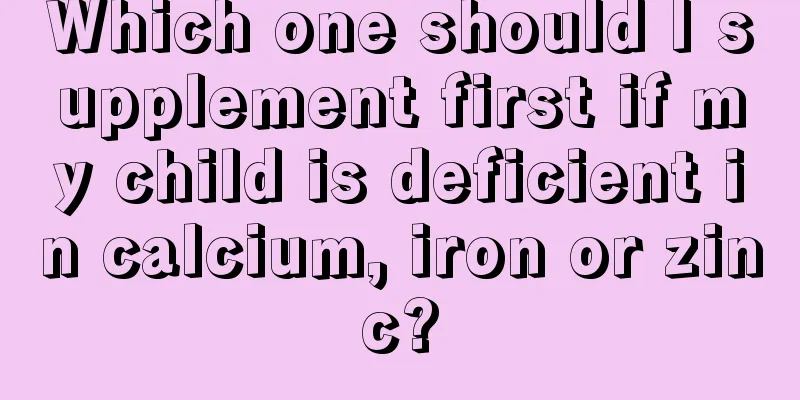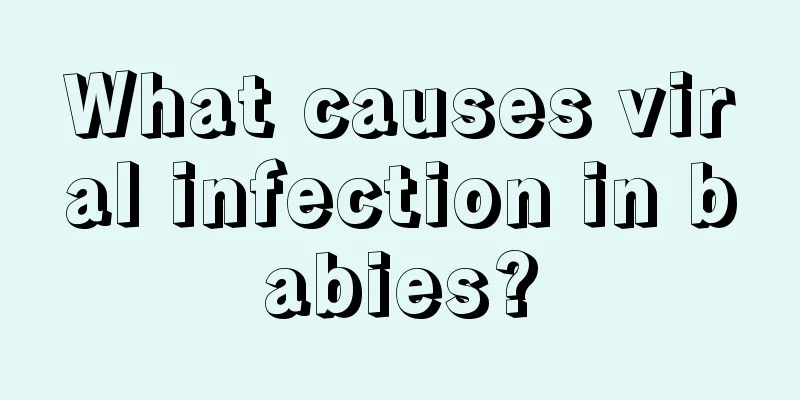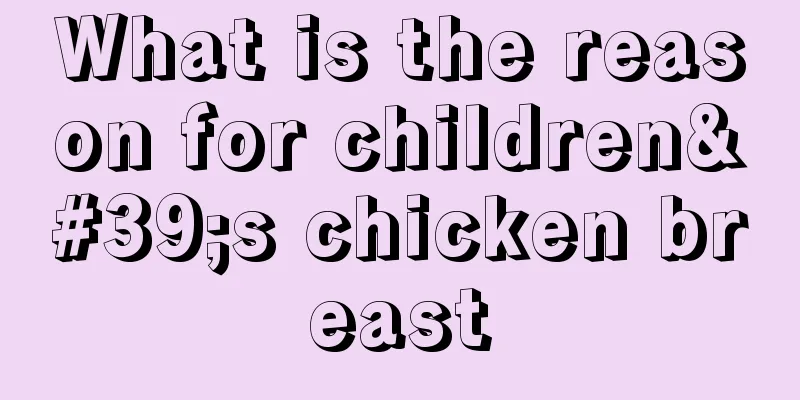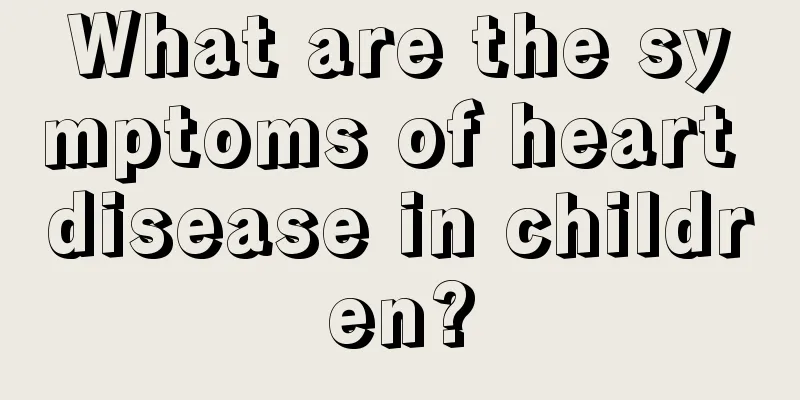What are the symptoms of interstitial pneumonia in children?
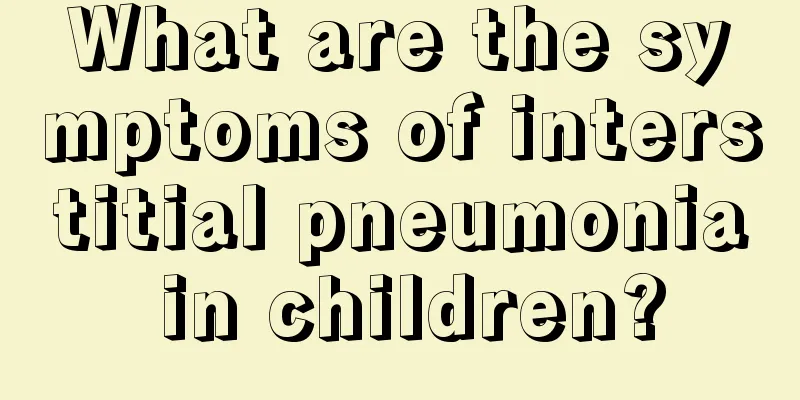
|
There are many classifications of pneumonia, including interstitial pneumonia. Once this inflammation occurs, the patient should go to a regular hospital to cooperate with the doctor for treatment. First, conventional treatment methods can be adopted, such as medication or injection. It is worth mentioning that Chinese medicine also has a good effect on the treatment of this disease. In the later stage, rehabilitation treatment should be done well. So if a child suffers from interstitial pneumonia, what symptoms will usually appear? Symptoms of interstitial pneumonia in children: The most significant features of interstitial pneumonia are: insidious onset, progressive worsening, and eventual leading to lung and heart failure. This disease has become a "terminal illness" that is unpreventable, difficult to detect early, difficult to treat, and causes progressive damage. The main clinical symptoms and signs of interstitial pneumonia are progressive dyspnea. The early symptoms may not be obvious, and the patient may only feel tired and short of breath after activities. The symptoms worsen as the disease progresses, with mild cough or paroxysmal cough. Patients often catch a cold and may have a fever. 55%~70% of patients may have clubbing of the fingers; there may be no abnormal signs in the lungs in the early stage, but in the middle and late stages, crackling sounds (Velcro) can be heard on the outside of the two lower lungs, and patients may experience cyanosis, shortness of breath, and weight loss. 1. Progressive dyspnea is the characteristic of this disease. 2. Irritating dry cough or accompanied by a small amount of sticky sputum, a few with yellow sputum and bloody sputum. 3. Fatigue, weight loss, joint pain, low fever, etc. Children with interstitial pneumonia have severe coughs that are difficult to heal. The disease is most common in infants and preschoolers. Most of the sick children are weak and malnourished, have poor immune function, or are infected with mycoplasma, viruses, etc. The main clinical manifestation of the sick children is frequent and recurrent coughing, which may also be accompanied by fever, such as symptoms of acute pneumonia. As the disease progresses, the nutritional status is affected, and may be accompanied by diseases such as weight loss, anemia and malnutrition. Antibiotics have certain therapeutic effects, but they often cannot prevent the development of lung lesions and the disappearance of cough. Most pneumonia is not contagious. The most common bacterial infection of pneumonia in adults is Streptococcus pneumoniae. Other pathogens include anaerobic bacteria, Staphylococcus aureus, Haemophilus influenzae, Chlamydia pneumoniae, Chlamydia trachomatis and many other Gram-negative rods. These pathogens may be transmitted through contact between people or through contact between people and objects, but even if you are infected with these pathogens, you will not get pneumonia as long as your immunity is healthy. It is often when the body's resistance is reduced that pathogens take advantage of the situation and invade, causing illness. |
<<: What are the symptoms of nephritis in a 5-year-old child?
>>: Adverse reactions to tetanus vaccine at 6 years old
Recommend
How to take care of children's runny nose quickly?
It is also common for children to have clear runn...
What to do if your child's nasal concha is swollen
Children's enlarged nasal conchae are caused ...
Treatment for baby's fever every afternoon
I wonder if your children often have a fever ever...
What to do if children have dark skin
Children's skin is white as jade, tender and ...
What are the symptoms of strabismus in children?
From a medical point of view, children's eyeb...
What is normal stool for newborns?
For new parents, taking care of a newborn is not ...
Do children's dental caries need treatment?
Nowadays, more and more children have big problem...
What to do if your child has poor coordination skills
We all know that people's coordination abilit...
What to do if a child has a high fever?
Children's physical health is very easily aff...
Why do babies like to be held upright?
Newborn babies cannot be held randomly, mainly be...
Children have repeated fevers, beware of these three factors
Because children's physical fitness is lower ...
Can a five-month-old baby eat grapes?
Babies are very cute in the eyes of their parents...
Treatment of chronic tonsillitis in children
Because children are in a stage of physical devel...
Why does my baby always sweat when sleeping?
Generally speaking, babies sweat more than adults...
What are the spleen-strengthening and appetite-stimulating soups for children?
When it comes to the problem of anorexia in many ...

